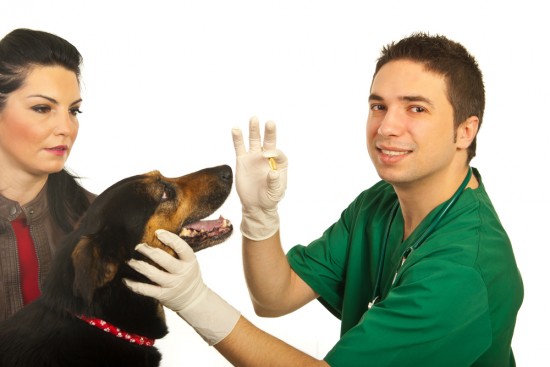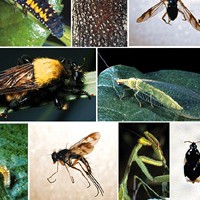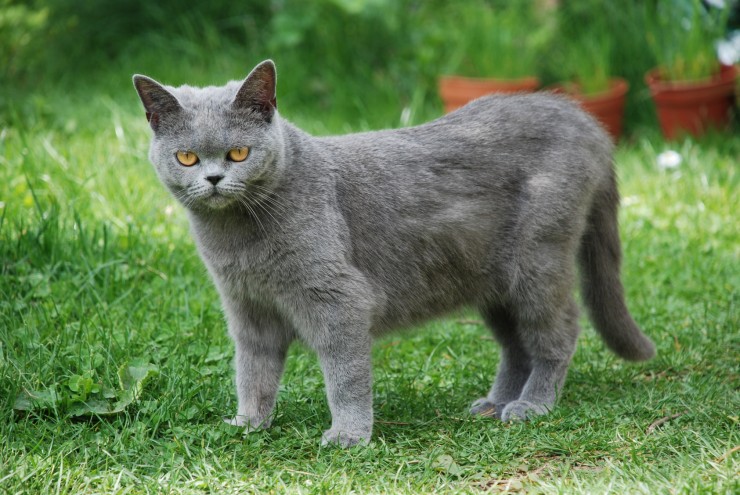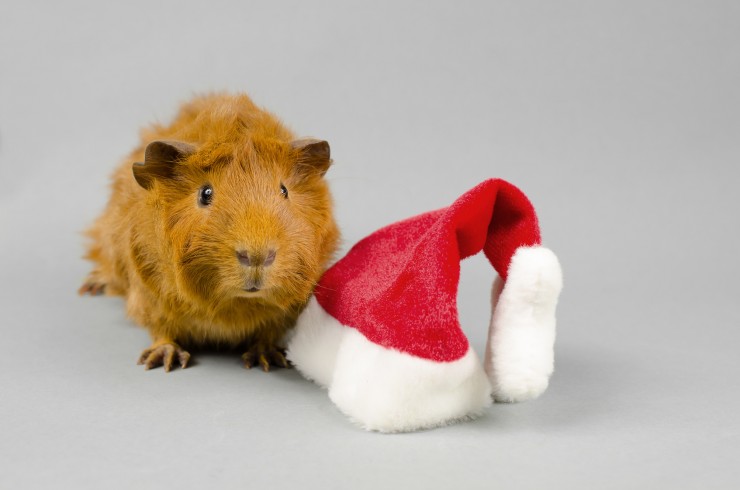
With the recent pet food recall anxiety, let us make an effort to prepare homemade food for our pets. By preparing nutritious wholesome home cooked meals for our pets, we know exactly what goes into their body. We are able to control their food intake and most importantly, a chance for more happy years ahead with our animal friends. So, make the commitment today to be you a doggie chef today!
Here are some tips on selecting food sources for your pet when preparing homemade pet food. Put this in your shopping bag and refer to the list when shopping for your the ingredients. This is to ensure we do not include food sources that are not appropriate for them.
Here is a list of ingredient we must AVOID for our pets:
1) Corn, Soy, Sesame, Sunflower oils: Avoid using all commercial brands of polyunsaturated vegetable oils as they are chemically unstable resulting in toxic compounds that can damage DNA and cell membranes, promoting cancer, inflammation, and degenerative changes in tissue.
2) Soy: Some dogs with allergy to soy may find their dogs with itchy, flaky skin and a dull coat and may cause bloat in dogs as it is also a gas producing product.
3) Dairy Products Examples of daily products are butter, cream, milk: these are high in fat and cause dogs to be unhealthily overweight. Dogs that are lactose intolerant can also get severe diarrhea.
4) Pork: Some dogs are prone to allergic reaction from pork. Avoid this meat source if you have an allergic dog. But if your dog does well with it, it is ok to include in their diet but the meat must be well cooked to kill all microorganisms which may be harmful to them.
5) Sugar: Sugar is one of the primary trigger of excessive shedding, weight problems, diabetic conditions and behavioral problems in dogs. Excessive amounts can also lead to obesity and dental problems.
6) Salt: Can cause kidney problems and causes dogs to shed excessively and may lead to electrolyte imbalance. The only salt I feel is safe enough to add just a little before feeding is sea salt. Sea salt has lot of natural minerals which are good for your pet. Just sprinkle a little will do for taste and health
7) Nuts: Some dogs have allergies to nuts. Also, nuts are generally bad for dogs as high phosphorus content in nuts is said to possibly lead to bladder stones, especially walnuts. Walnuts are poisonous to dogs and at all accounts should be avoided.
8) Peanut Butter and Peanuts: These are high in fat and can cause allergies in dogs.
9) Onion: These can cause anemia in dogs.
10) Bacon or bacon bits: These are high in salt and fat.
11) Tuna Fish: Tuna contains mercury which is harmful to dogs. If you must feed fish, ensure adequate daily supplements are included to boost the natural immune system to rid the toxins.
12) Raisins and grapes: Are toxic to dogs!! These food contain a toxin, which can damage the kidneys. Symptoms can include gastrointestinal signs like vomiting and diarrhea to life-threatening kidney failure which starts about 24 hours after ingestion. The amount of grapes ingested in these cases varied between 9 oz. and 2 lbs., which worked out to be between 0.41 and 1.1 oz/kg of body weight.
13) Night shade vegetables (e.g. tomatoes, capsicums): These vegetables are known to be toxic to dogs. It contains atropine, which can cause dilated pupils, tremors, and heart arrhythmias.
14) Chocolate or Caffeine: Keep out of reach of such foods from your dogs. Symptoms occur with the ingestion of 45 mg per pound of body weight. Theobromine deaths have been reported after ingestion of 52 mg per pound of body weight. Caffeine is toxic at about 63 mg per pound of body weight.
15) Mushroom: Some species are known to be toxic to dogs. As we do not know the acceptable species, best to avoid all mushrooms.
16) Alcohol: Some pet owners let their pets drink alcohol occasionally. I prefer not to as our pet is much smaller in size and weight, they get toxic effect faster then humans. e.g. liver condition in the long run. So do not risk it!
Very importantly, share this list with all family members so they know food that should not be fed to the dog.
 Healthy Pet, Healthy Owner
Healthy Pet, Heal
Healthy Pet, Healthy Owner
Healthy Pet, Heal
 How To Administer Pills And Capsules To Dogs
How To Administer
How To Administer Pills And Capsules To Dogs
How To Administer
 Do Fleas Have A Natural Predator?
Yes, fleas have a natural predator, in fact they have a
Do Fleas Have A Natural Predator?
Yes, fleas have a natural predator, in fact they have a
 5 Cat Breeds That Take Travelling In Their Stride
5 Cat Breeds That
5 Cat Breeds That Take Travelling In Their Stride
5 Cat Breeds That
 Keeping Pet Rodents Safe And Happy At Christmas
Keeping Pet Roden
Keeping Pet Rodents Safe And Happy At Christmas
Keeping Pet Roden
Copyright © 2005-2016 Pet Information All Rights Reserved
Contact us: www162date@outlook.com